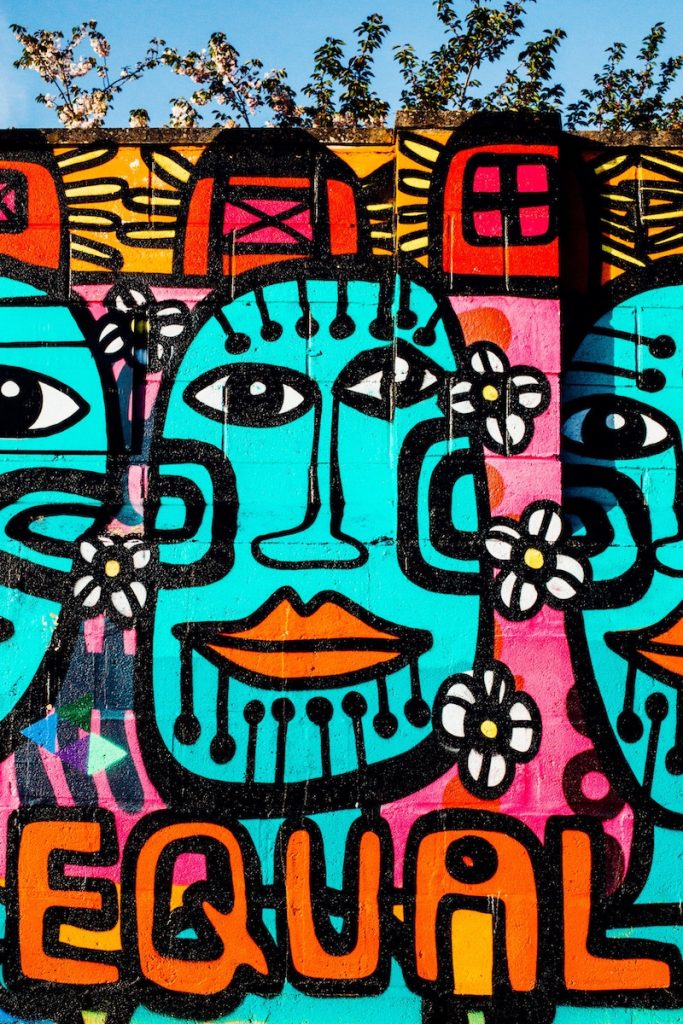The UN Committee on the Rights of Persons with Disabilities (CRPD) and the Committee on the Elimination of All Forms of Discrimination against Women (CEDAW) have released a joint statement on the need for all states parties to guarentee sexual and reproductive health and rights for all women, in particular women with disabilities. The statement is copied below, and the original is available on the UN Treaty Bodies website.
Guaranteeing sexual and reproductive health and rights for all women, in particular women with disabilities
Joint statement by the Committee on the Rights of Persons with Disabilities (CRPD) and the Committee on the Elimination of All Forms of Discrimination against Women (CEDAW)
Wednesday, 29 August 2018
The Committee on the Rights of Persons with Disabilities (CRPD) and the Committee on the Elimination of Discrimination against Women (CEDAW) welcome the continuing progress made by States parties to enable access for women, in particular women with disabilities, to sexual and reproductive health and rights. However, the Committees note with concern that there remain considerable gaps across all regions in the protection of these fundamental rights and freedoms and call upon States parties to increase their efforts in this regard. The Committees are also concerned at the increasing rollback and regression on respect for international human rights norms that threaten sexual and reproductive health and rights of women, including women with disabilities, who continue to experience intersecting forms of discrimination.
The Committees recall that gender equality and disability rights are mutually reinforcing concepts and States parties should guarantee the human rights of all women, including women with disabilities. As such, States parties have an obligation to respect, protect and fulfill the rights of women, including women with disabilities, in relation to their sexual and reproductive health and rights. States must ensure the enjoyment of their sexual and reproductive health and rights without any form of discrimination. Access to safe and legal abortion, as well as related services and information are essential aspects of women’s reproductive health and a prerequisite for safeguarding their human rights to life, health, equality before the law and equal protection of the law, non-discrimination, information, privacy, bodily integrity and freedom from torture and ill treatment.
CEDAW has emphasized that protecting women’s rights to sexual and reproductive health requires that “all health services […] be consistent with the human rights of women, including the rights to autonomy, privacy, confidentiality, informed consent and choice.” States parties should ensure non-interference, including by non-State actors, with the respect for autonomous decision-making by women, including women with disabilities, regarding their sexual and reproductive health well-being. A human rights-based approach to sexual and reproductive health acknowledges that women’s decisions on their own bodies are personal and private, and places the autonomy of the woman at the center of policy and law-making related to sexual and reproductive health services, including abortion care. States should adopt effective measures to enable women, including women with disabilities, to make autonomous decisions about their sexual and reproductive health and should ensure that women have access to evidence-based and unbiased information in this regard. It is also critical that these decisions are made freely and that all women, including women with disabilities, are protected against forced abortion, contraception or sterilization against their will or without their informed consent. Women should neither be stigmatized for voluntarily undergoing abortion nor forced to undergo an abortion or sterilization against their will or without their informed consent.
States parties should fulfill their obligations under articles 5 and 8 of CEDAW and CRPD Conventions respectively by addressing the root causes of discrimination against women and persons with disabilities. This includes challenging discriminatory attitudes and fostering respect for the rights and dignity of persons with disabilities, in particular women with disabilities, as well as providing support to parents of children with disabilities in this regard. Health policies and abortion laws that perpetuate deep-rooted stereotypes and stigma undermine women’s reproductive autonomy and choice, and they should be repealed because they are discriminatory.
In order to respect gender equality and disability rights, in accordance with the CEDAW and CRPD Conventions, States parties should decriminalize abortion in all circumstances and legalize it in a manner that fully respects the autonomy of women, including women with disabilities. In all efforts to implement their obligations regarding sexual and reproductive health and rights, including access to safe and legal abortion, the Committees call upon States parties to take a human rights based approach that safeguards the reproductive choice and autonomy of all women, including women with disabilities.
The Committee on the Elimination of Discrimination against Women (CEDAW) is the body of 23 independent experts that monitors implementation of the Convention on the Elimination of All Forms of Discrimination against Women. The Committee on the Rights of Persons with Disabilities (CRPD) is the body of 18 independent experts that monitors implementation of the Convention on the Rights of Persons with Disabilities.

